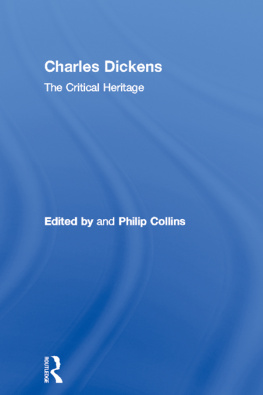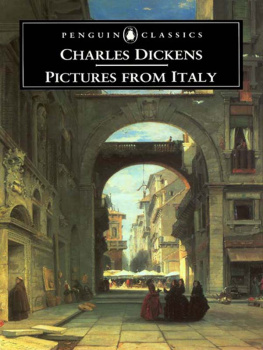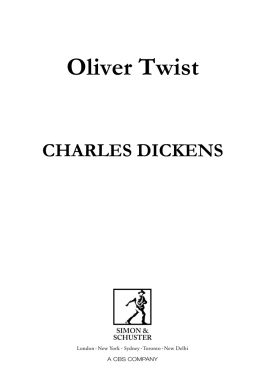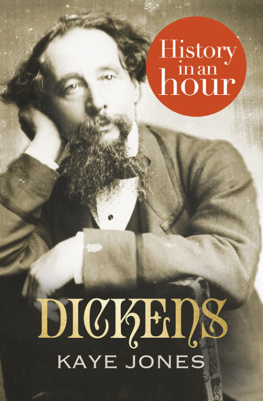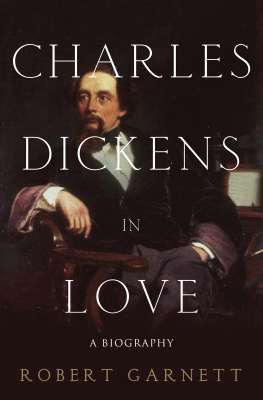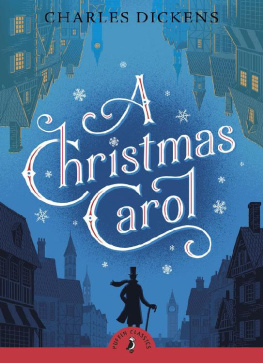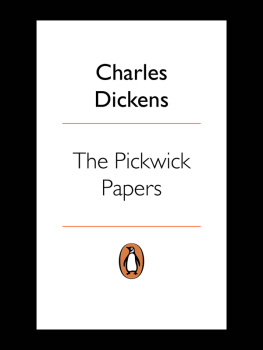
This revised edition first published in Great Britain in 2011 by
Michael OMara Books Limited
9 Lion Yard
Tremadoc Road
London SW4 7NQ
This electronic edition published in 2011
ISBN: 978-1-84317-682-4 in EPub format
ISBN: 978-1-84317-683-1 in Mobipocket format
ISBN: 978-1-84317-568-1 in hardback print format
Copyright Michael OMara Books Limited 2002, 2011
Every reasonable effort has been made to acknowledge all copyright holders. Any errors or omissions that may have occurred are inadvertent, and anyone with any copyright queries is invited to write to the publishers, so that a full acknowledgement may be included in subsequent editions of this work.
All rights reserved. You may not copy, store, distribute, transmit, reproduce or otherwise make available this publication (or any part of it) in any form, or by any means (electronic, digital, optical, mechanical, photocopying, recording or otherwise), without the prior written permission of the publisher. Any person who does any unauthorized act in relation to this publication may be liable to criminal prosecution and civil claims for damages.
A CIP catalogue record for this book is available from the British Library.
Designed and typeset by Design 23
www.mombooks.com
Contents
B orn at 387 Mile End Terrace, Landport, in Portsea, on 7 February 1812 (seven years after Nelson defeated Napoleon at the Battle of Trafalgar, and seven years before the birth of Queen Victoria), Charles Dickens was not only a child of the nineteenth century but also became one of its greatest social and political commentators. His early years were to all intents and purposes happy ones, for, as G. K. Chesterton wrote, He fell into the family during one of its comfortable periods, and he never in those early days thought of himself as anything but as a comfortable middle-class child, the son of a comfortable middle-class man. In fact, his father, John Dickens, was at the time of Charless birth a clerk in the Naval Pay Office at Portsmouth, a job that obliged the family to move from naval port to naval port during the first ten years of the young Charless life.
The second of eight children (six of whom survived) Charles was immediately recognized to be an exceptionally bright child (indeed some have surmised that he had a photographic memory). He enjoyed singing and performing and his father often took him to taverns where he would stand Charles on a table in order that he could perform. However, although family life was happy, it did have a dark side, for the fact was that Mr and Mrs Dickens had a penchant for living beyond their means.
When Charles was ten years old, the family moved once more, this time to London. The move to 16 Bayham Street, Camden Town at that time nothing more than a dreary suburb was coupled with a decrease in John Dickenss pay, which meant that the family now had a struggle to keep their heads above water. It was at this point that Charles received the first major shock of his life, for rather than being enrolled in school, he was instead expected to do odd jobs around the house and run errands.
Suddenly Charless idyllic childhood was over a fact that must have had a major effect upon the young Dickens while the mounting debts that his parents were accruing (they had to sell the family furniture), no doubt added to his insecurity. At this point, Elizabeth Dickens tried to start up a small school, which she called Mrs Dickenss Establishment. However, as Dickens later wrote, it was not a success: Nobody ever came to the school, nor do I recollect that anybody ever proposed to come, or that the least preparation was made to receive anybody Thus the school failed and Charles was found a job. James Lamert, a family friend, secured Charles a position at Warrens Blacking Warehouse, a shoe polish factory that stood at the edge of the River Thames at Hungerford Stairs. Aged twelve, earning six shillings a week, Charless job was to paste labels onto the pots of shoe polish. The hours he worked were from 8 a.m. to 8 p.m. with a one-hour dinner break and a half-hour tea break. The job was both humiliating and tedious and the warehouse itself was a loathsome building, damp and overrun with rats. To make matters worse, on 24 February 1824, just a few days after he had started the job, Dickenss father was arrested and sent to the Marshalsea Debtors Prison in Southwark.
In later years both these experiences, that of the blacking factory and of the Marshalsea Prison, provided Dickens with a great deal of material on which to base his fiction (most notably David Copperfield and Little Dorrit), but at the time it can only be imagined how crushing and desperate these events were, not to mention how perilous it must have made life seem to the young boy. Dickenss mother and siblings accompanied his father and went to live inside the prison in one small room, while Charles was sent into lodgings beside the prison and continued to work at the blacking factory. It was a terrible time. Mrs Dickens tried to keep her family going by pawning what little jewellery she had left, and the odd piece of cutlery, while Charles trudged backwards and forwards between his lodgings and his workplace. At night he read and re-read his old books novels such as Tom Jones and Robinson Crusoe, wonderful adventure stories, which not only gave the young boy comfort, but also influenced him and gave him something to dream about.
It is estimated that Dickens spent a year working at Warrens until by a stroke of good fortune, John Dickens came into a small inheritance. On 26 April 1824 John Dickenss mother died, leaving him 450. This was not a lot of money even back then, but it was enough to clear his debts and, on John Dickenss release from the Marshalsea prison, the family returned to Camden Town and lodged temporarily with Charless landlady. It was during this time that John Dickens decided that his son should leave the factory and be placed in a school. Charless mother, on the other hand, was quite satisfied that her son should remain where he was and an argument ensued which, though won by his father, meant that Dickens never quite forgave his mother for wishing such a meagre life for her son. In Great Expectations Pip remarks: In the little world in which children have their existence whosoever brings them up, there is nothing so finely perceived and so finely felt as injustice. It can only be surmised that Dickens was remembering the injustice meted out to him by his mother. One thing is certain, however like Pip, Dickens now set himself to triumph over his circumstances through sheer hard work.
Dickens attended Wellington House Academy a mediocre establishment, where he stayed for two years, after which he became a clerk at the law firm of Ellis & Blackmore in Grays Inn. During this time Dickens also began to visit the theatre regularly and persuaded several theatre managers to let him perform comic turns. Ever since he was a child and his father had set him up in taverns to sing and dance, it had been Dickenss wish to become an actor. Ironically he felt more himself when he was performing and his ability to mimic other people was legendary amongst his fellow workers. Dickens also thought, rightly or wrongly, that by becoming an actor he could leave, once and for all, the impoverished world he had come to inhabit and the meagre salary of a lawyers clerk (approximately fifteen shillings per week), and establish himself with a modicum of wealth. Luckily for literature, Dickenss dreams of a life on the stage did not come to fruition. Instead, at the age of seventeen, he began scribbling down his observations on city life, on the people he met and came across in the street.
Next page

